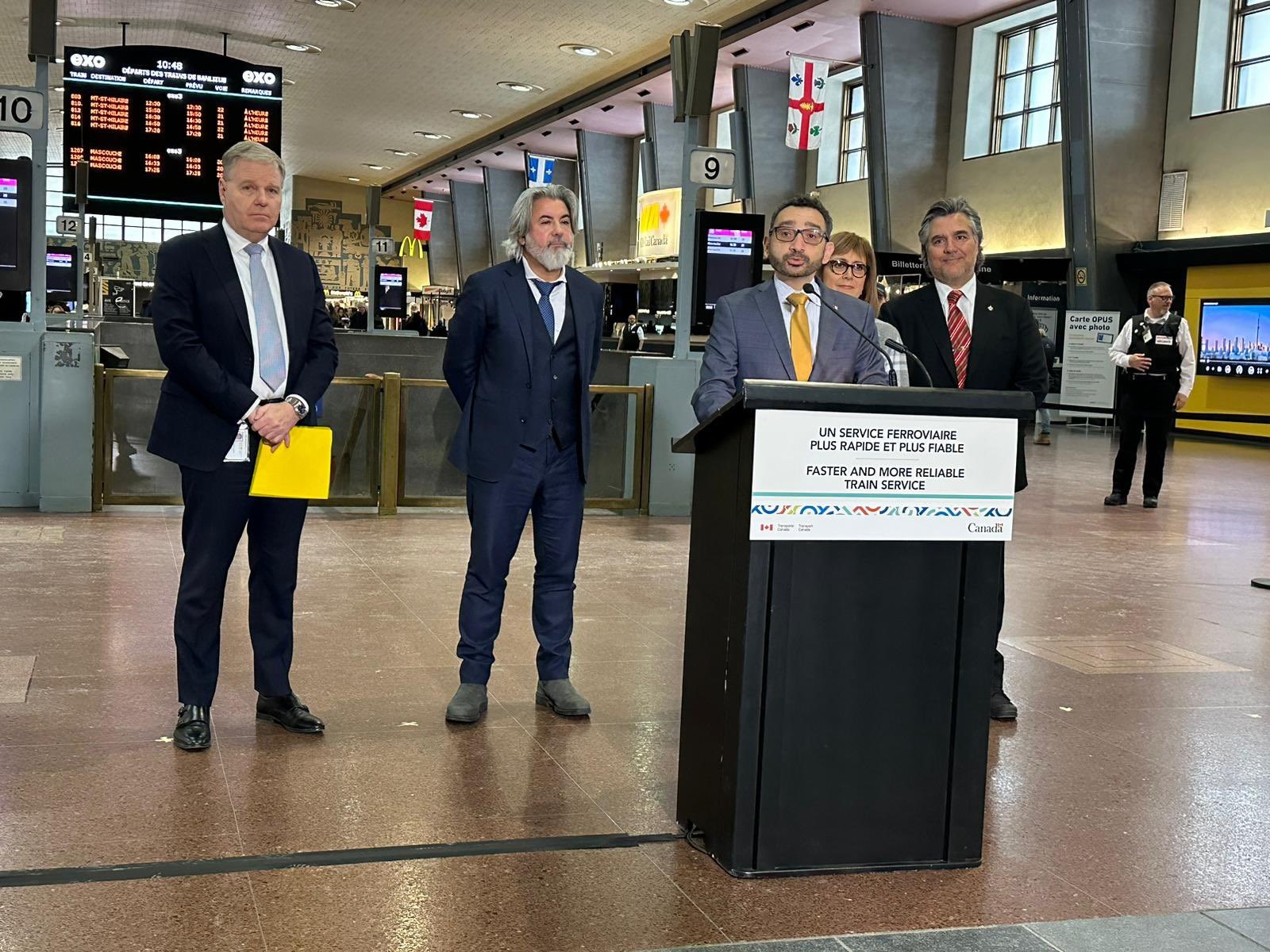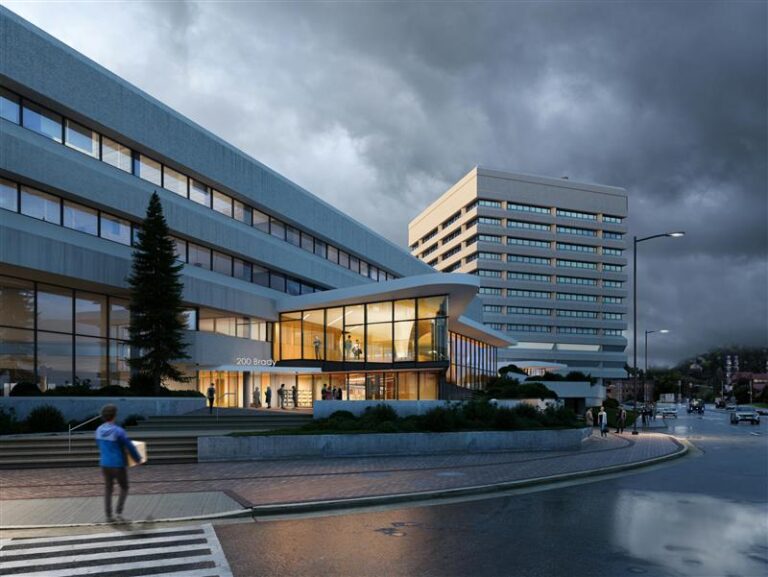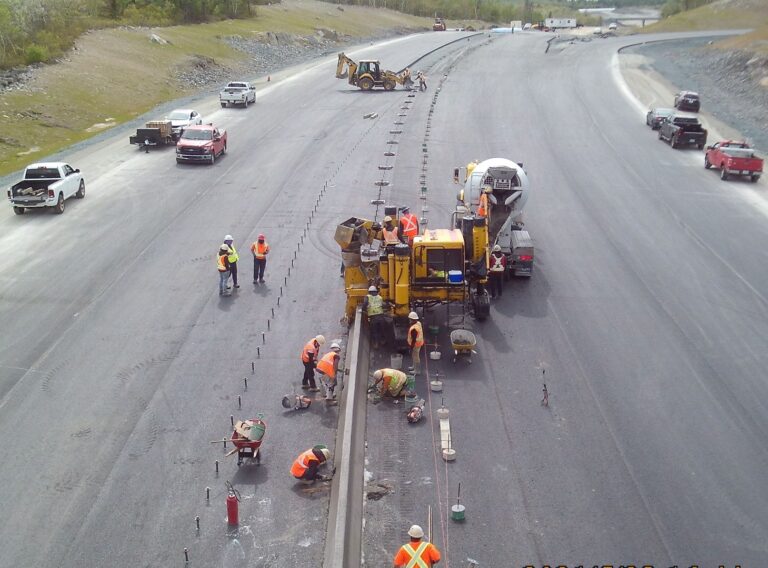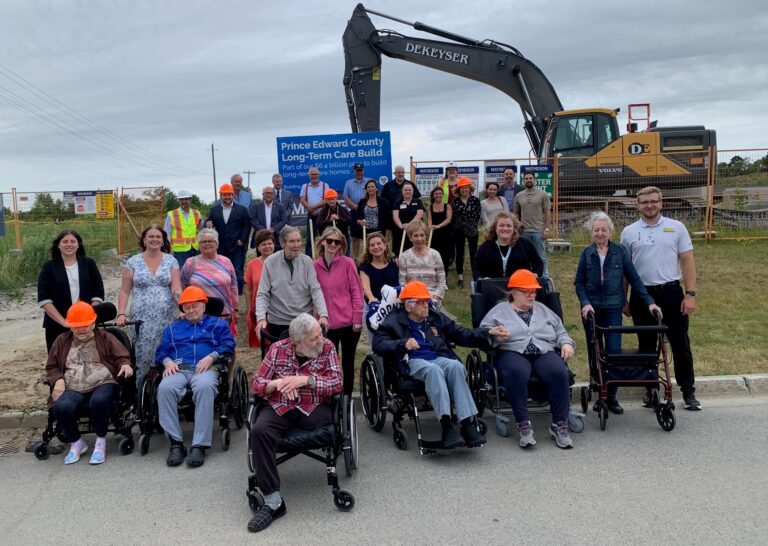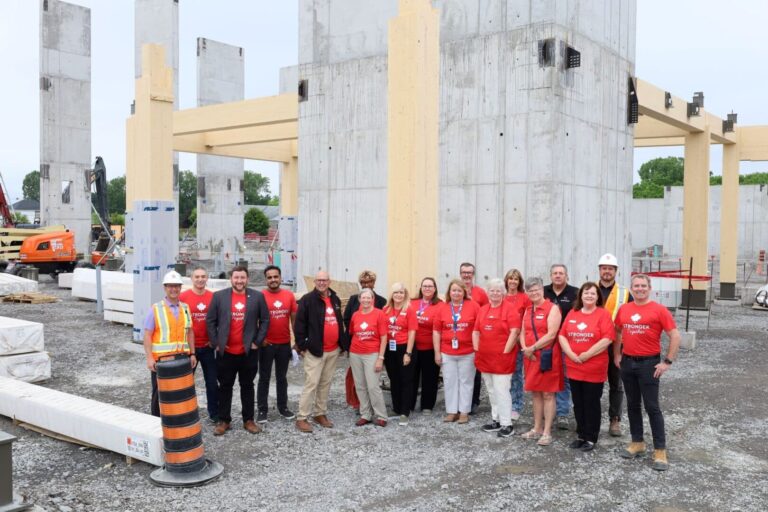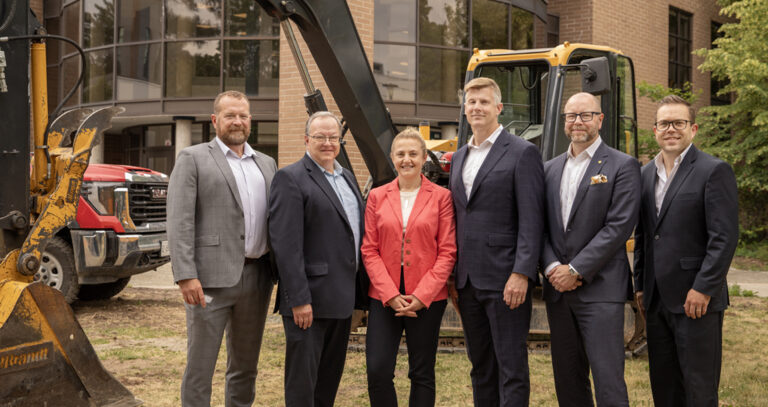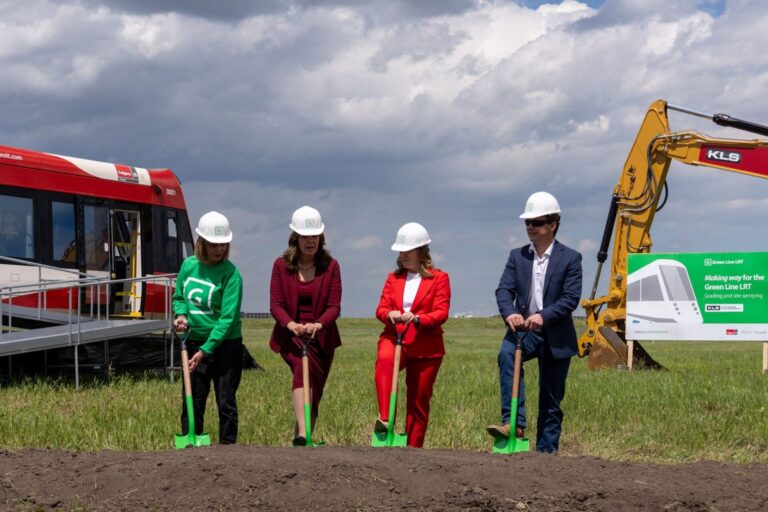The Government of Canada announced a major step in the procurement process for the High Frequency Rail project: the launch of the Request for Qualifications (RFQ).
The purpose of the RFQ is to identify and qualify up to three top candidates who will be invited to participate in the Request for Proposals (RFP) process, anticipated to begin in summer 2023. The procurement process will help select a private developer partner to work in collaboration with VIA HFR, the newly created subsidiary of VIA Rail, to design and develop the High Frequency Rail project.
“The Request for Qualifications represents an important step in the procurement process for the High Frequency Rail project. HFR will reduce pollution in the transport sector, provide better and faster service to travellers and create good jobs for the middle class.” said Omar Alghabra, Minister of Transport.
The Request for Qualifications is the next step following the Request for Expressions of Interest that opened in March 2022. The Request for Qualifications launches the formal procurement process and outlines:
- The context and features of the High Frequency Rail project (e.g., current challenges in the Corridor, purpose of the project, and objectives);
- The procurement process, including the evaluation criteria regarding how proposals will be evaluated, security requirements for candidates, funding support for proposal development during the RFP process, and key principles of the commercial agreement for the execution phase;
- The key players in the project (e.g., VIA HFR, private developer partner, VIA Rail, Government of Canada) and how they will work together; and
- Project outcomes that the private developer partner will be expected to meet or exceed (e.g., shorter journey times, more frequent departures, more reliable service, etc.).
“With the new step announced today, the High Frequency Rail project is becoming more and more a reality for Quebec. Quebecers deserve a world-class rail system and that is exactly what we are doing in addition to creating good jobs and helping to grow our economy,” said Pablo Rodriguez, Minister of Canadian Heritage and Quebec Lieutenant.
The High Frequency Rail procurement process is designed to encourage innovation, provide flexibility, and identify the optimal solution for the project. Therefore, RFQ respondents will have the flexibility to consider alternatives to meet or exceed the project results described in the Request for Qualifications. This would include opportunities to increase speeds beyond 200 kilometers per hour on some segments of the High Frequency Rail project, if it is cost effective to do so.
To qualify as a candidate for the RFP, RFQ respondents will be required to demonstrate a capacity for reconciliation with Indigenous Peoples by developing the project to create mutually beneficial, socio-economic development opportunities.
“Our government is committed to conducting an open, fair, and transparent procurement process to help deliver High Frequency Rail for Canadians. With this Request for Qualifications, Canada is inviting the best developers, operators and designers to compete for an opportunity to present their design and implementation proposal for this significant project,” said Helena Jaczek, Minister of Public Services and Procurement.
In addition to leveraging the knowledge and expertise of international private sector companies that have experience developing large-scale infrastructure projects, delivering the High Frequency Rail project will require substantial Canadian expertise, Canadian labour, and Canadian companies throughout all phases of the project, including construction and operations. The Government of Canada will be encouraging the private developer partner to maximize economic benefits to Canadians and Canadian suppliers while respecting Canada’s rules-based approach to international trade.
Featured image: (Transport Canada)

